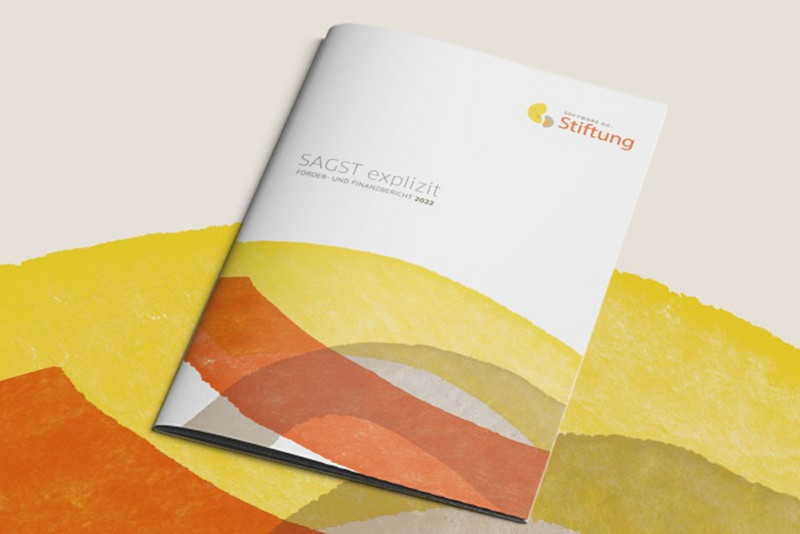Impulses for the Future of Asset Management: About SAGST’s Investment Strategy

In August 2023, SAGST published the Software AG Foundation’s (SAGST) seventh Funding and Financial Report. This report includes facts and figures about how the income from SAGT’s assets was used to fulfil the foundation’s purpose, as well as up-to-date insights into its investment strategy. In an interview, CFO Markus Ziener describes the role played by real estate, renewable energies and a special sustainability fund.
Mr Ziener, it is often stated that the year 2022 marked the beginning of a new era in the real estate market. Have rising construction interest rates and growing inflation fundamentally changed SAGST’s investment behaviour?
Markus Ziener: Eight years ago, we started to build up the foundation’s real estate portfolio in the interest of achieving a healthy balance of our assets and distributing them evenly across several asset classes. In the process, we were able to benefit from relatively favourable long-term loans and stable yields for long periods – even in times of crisis – and today we can see that this area has developed as planned and according to socio-ecological criteria with an increasingly strong focus on residential real estate. The target figure we had in mind in 2015 for real estate investments, as well as corporate investments and bonds, was around 500 million euros; we will be reaching that at the end of 2024 after the successful completion of our last construction project. The financing of this project came at a time of rapidly changing economic conditions, which led us to decide to finance this investment with equity and not, as before, with loans. Specifically, we want to sell two commercial properties from our portfolio and reinvest in the construction of a new sustainable residential building in Frankfurt-Riedberg.
Do your many years of experience in the real estate sector transfer well to other investment areas?
Markus Ziener: Due to our sustainability strategy, we entered the field of renewable energy investments in 2022 and have examined various investments in corresponding solar technology, wind power and energy storage companies. As with real estate, a great depth of value creation can be achieved, and, in addition to partial acquisition, complete acquisition is also a possibility. However, the market is quite narrow. That is something else this sector has in common with the real estate sector, where there were only a few suitable investment properties from a sustainability point of view about five years ago. Therefore, we are looking for different investment forms across Europe and want to bundle several power plants in a single fund, much like our special fund at GLS Investments, the GLS Bank subsidiary that operates in sustainable corporate investments.
How has this Sustainability Fund 2022 developed?
Markus Ziener: When you start up a new fund, you should give it at least three years before you assess its performance. Our special fund, which now comprises around 100 companies, is currently only 15 months old. But when you measure it against the MSCI World or DAX 40 indexes, it has done well; however, it has a negative return, of course, which was to be expected under the given macroeconomic conditions.
What sustainability criteria does SAGST apply to the fund and beyond?
Markus Ziener: The fund managers at GLS Investments invest exclusively in companies that integrate ecological, social and ethical aspects into their business practices and thereby have a positive impact on people and the environment. Their goal, which is also our goal, is to shape or actively promote a sustainable future by steering investments in the right direction. That is why, before each new investment, even outside the fund, we ask ourselves questions like what kind of world we would like to live in tomorrow, what kind of food we would like to eat, in what kind of surroundings we would like to reside and how we would like to obtain our energy. For us, these visions of the future are an initial basic framework for sustainability controlling, which we are establishing at SAGST in the long term – not in order to achieve some kind of certification, but so that we can initiate beneficial impulses for the further development of our society by funding activities and investing in equal measure.
